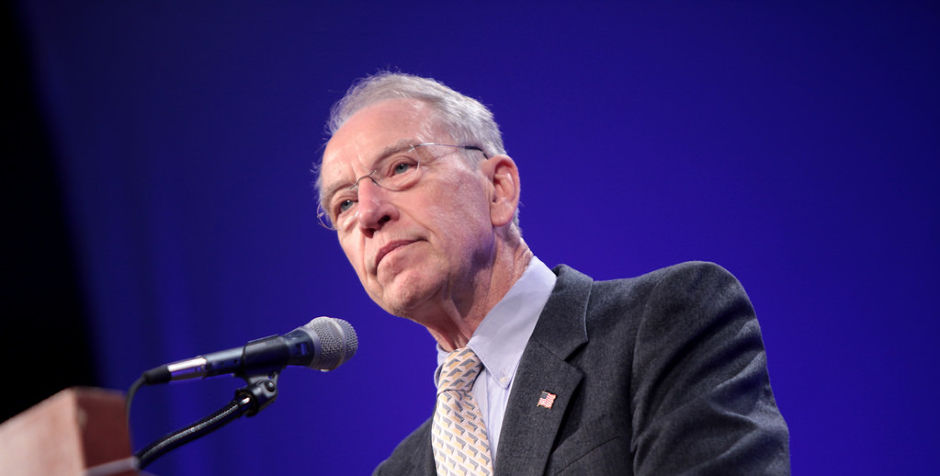Sen. Grassley Stands on Principle, Precedent
The Quad-City Times' recent editorial “Grassley's SCOTUS gamble could backfire” misses the mark. Sen. Chuck Grassley understands the importance of championing the voice of the American people in selecting the next Supreme Court Justice. As chairman of the Senate Judiciary Committee, his decision to not hold confirmation hearings before the presidential election is based soundly on constitutional principles, historic precedent and prudence. His decision should be commended and not condemned. Here is why.
While the Constitution assigns to the president the role of naming a nominee to the high court, it vests in the Senate a co-equal role in this vital process: No nominee may be confirmed without the Senate’s “advice and consent.” These words have meaning, conferring upon the Senate the right to act, or take no action at all, on a president’s nominee.
Constitutionally, the Senate’s role is not a rubber-stamp of the president. In fact, when James Madison proposed such a provision at the Constitutional convention, requiring the Senate vote on a nominee within a set period of time, it was rejected. Instead, co-equal duties of “advice and consent” were enshrined in our Constitution.
Sen. Grassley and his colleagues have taken that role seriously, considering the matter and deciding not to act. Their authority to do so rests squarely in the Constitution. . . .

